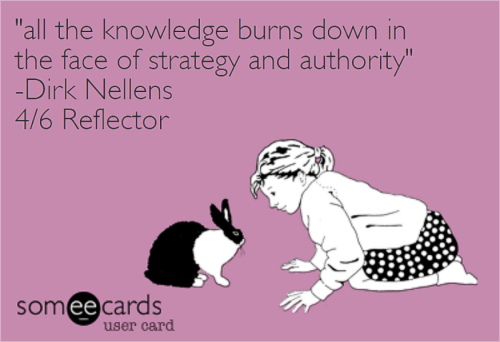“Would you consider mindful based therapy ego/mind?”
Does a bear consciously know s/he needs to feed up cause winter/hibernation is coming, s/he does not.
Mindfulness is about consciously knowing, an ego/mind journey, better than (western) psycho therapy, but still just barely above it.
HD is about having a binary consciousness, and getting out of the way of the Vehicle (body) interacting with the Driver (Magnetic Monopole) to live life. To stabilize the color frequency between them. The Passenger (the eternal Personality Crystal, regardless of current imprint) is ever watchful. Or not. But without the need to focus or vigilance. We could not even tell it to do so.
The identified self, the ego/mind, is unrelated to any of this. The Personality imprint this incarnation is unrelated to this. https://www.mcha.nl/2017/09/22/from-what-i-have-observed/
But mind is not you, this is exactly why it is called not-self when making decisions with it. Everything that is not you, is not-you (not-self). The Mind is not you, not yours, so the thoughts of it, are not your thoughts, therefor anything mindful, any observation the mind does, is not -you-. It is just software running pretending to be you.
Ego/Mind can become aware of the movement of the body, usually after the event has been started, rarely before it but some precognition exists of course.
HD is about letting the show run itself and maybe/perhaps see if you can see it. It explains the mechanics of the Maya but that does not give you any power over it.
Whereas Mindfulness is trying to control our own behaviour through the ritual of mindfulness itself. It is ego/mind goal oriented. Even if it can be correct to do so. It is pretending that the self identified consciousness of these observation (gaining mental knowledge about that which we observe, so we can alter outcomes) is important.
And it simply is not.

